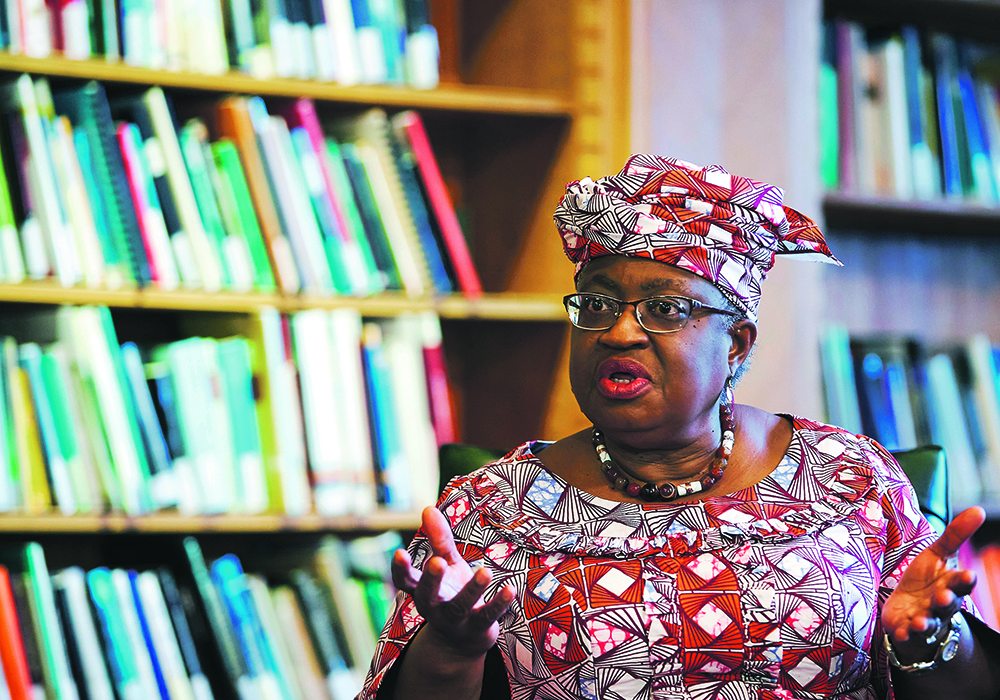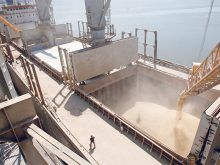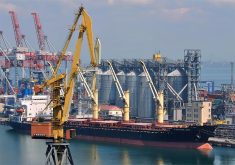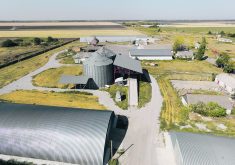World Trade Organization fears an increasing move to restrict food exports will threaten the planet’s poorest importers
The world must resist further food protectionism to ensure that the war in Ukraine doesn’t trigger a global food crisis, pleads the head of the World Trade Organization.
Ngozi Okonjo-Iweala, the WTO director-general, acknowledged that “it is natural and appropriate that governments will concentrate on the disruption to their own economies, but we must also act now to ensure that some of the world’s poorest and most vulnerable people, far away from the conflict and absent from the headlines, do not become collateral damage.”
In a piece published by Project Syndicate, Okonjo-Iweala said the world’s poorest food importers were already suffering from two years of pandemic supply chain shocks. Those problems have been exacerbated by increasing food supply protectionism, which many countries have been practising. That could get much worse with fears sparked by Russia’s invasion of Ukraine.
Read Also

Alberta researcher helps unlock the economics of farming
Lethbridge Polytechnic researcher helping agriculture producers with decision-making tools in economic feasibility
“Surging energy and food prices have begun to elicit familiar policy responses, with several governments restricting exports of grains and other key foodstuffs in an effort to maintain domestic supplies and limit price increases,” writes Okonjo-Iweala.
“The rising number of complaints to the WTO from exporters in several member countries and jurisdictions underscores the extent of the problem. Such export controls can trigger a spiral of price increases and new restrictions.”
However, she is confident the worst can be avoided if countries work together to minimize the hunger risk.
“Experience shows that international co-operation can help manage the knock-on effects of surging food prices.”
That co-operation can include sharing food stocks and production information through the Agricultural Market Information System and better co-ordinated food trade logistics.
Okonjo-Iweala said the WTO can monitor and allow transparency for global food supply chains, helping them compensate for interruptions caused by protectionist measures.
The worldwide effects of Russia’s invasion of Ukraine could be profound. The two nations only produce 2.2 percent of world trade in goods, but in 2020 were the source of 24 percent of globally traded wheat and 73 percent of sunflower exports.
Ukraine alone supplied about half the wheat obtained by the World Food Programme to fight world hunger.
Crops from Ukraine and Russia are vital for countries such as Mongolia, Sri Lanka, Lebanon, Egypt, Malawi, Namibia and Tanzania.
Okonjo-Iweala said open trade needs to be protected so that the globe’s food flow doesn’t dry up.
“In these circumstances, the role of the WTO and trade in general, particularly for countries that are net importers, is of paramount importance in preventing hunger.”
















